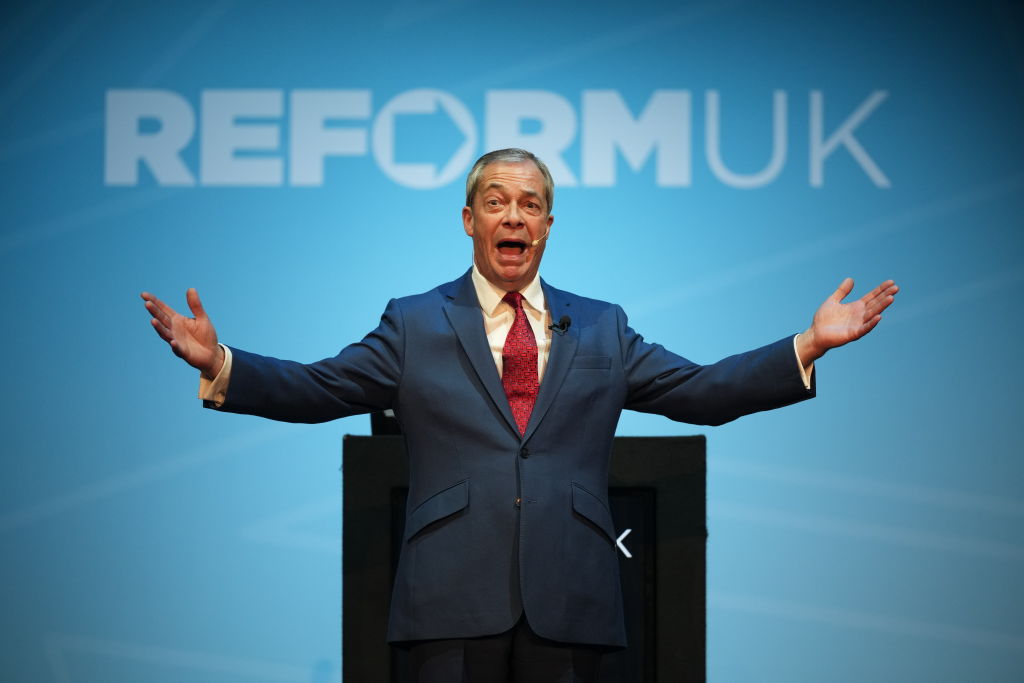Michel Barnier, the OAP appointed yesterday as Prime Minister of France, is a sensible fellow, even if at 73 he should be putting up his feet after decades in the political trenches. And he has plenty of pensions to draw on.
He’s not exciting. Scandal free, socially conservative, a master of dossiers – not intrigue, he’s not even a graduate of the École National d’Administration, the finishing school of the French elite. He’s a former choir boy and Scout who seems never to have made a memorable speech in his long career. He’s rather boring, and normal. His two memorable achievements seem to have been as the EU’s Brexit negotiator, in which he ran circles around Theresa May and Boris Johnson, and as the organiser of the Albertville Winter Olympic Games in 1992. He’s a competent technocrat. But a colourless politician.
Barnier looks likely to have the shortest political honeymoon in the Fifth Republic
But Barnier’s unpredicted ascent to the Hôtel Matignon has concealed an even more remarkable turn. There’s a sign at French level crossings that warns that one train can conceal another. President Emmanuel Macron’s intemperate dissolution of the National Assembly in June, and the subsequent election of a replacement in July, weakened his own party and strengthened the extreme left and popular right. As such, the real winner in this summer’s power struggle has been none other than the National Rally’s Marine Le Pen.
Power without responsibility is Le Pen’s prize: Barnier can’t survive until Christmas without her. The algebra of the National Assembly suggests that with an implacably hostile left, the residual centre of Macronists and Republicans can survive only with the consent of her party.
The overwhelming irony is that Macron authored this political crisis specifically to crush Le Pen, and has succeeded only in empowering her. She has no intention of allowing any one of her deputies to serve in Barnier’s government, but has the power of life and death over its future.
What she will demand as a quid pro quo is now the question. The black hole of France’s public debt is projected to rise from 110.6 per cent of GDP in 2023 to 115.2 per cent by 2029 with the debt-to-GDP ratio expected to be well above the euro area’s average. For 2024, the budget deficit was projected to be around 4.9 per cent of GDP, but recent analyses suggest it may reach over 5 per cent due to weaker growth projections. In 2025, the deficit could potentially hit 6.2 per cent, more than double that permitted under EU rules. The debt exceeds €3 trillion (£2.5 trillion).
There are two conceivable ways for France’s government to deal with this, or maybe three. The first is to savagely cut public spending. Which seems politically impossible. The second is to viciously increase the tax burden, already the highest in the OECD at 46 per cent of GDP. And the third is to ignore the crisis and carry on borrowing and spending. Le Pen has indicated that she will help pass a budget but her consent will come with strings attached – the precise nature of these remains unknown and she may not even yet know herself.
A snap poll last night showed 46 per cent of voters approve of Barnier’s appointment but this is meaningless. He’s a decent enough guy even if he’s a political dinosaur. Voters will like his promise to curb immigration, although his ability to deliver is highly questionable.
But Barnier looks likely to have the shortest political honeymoon in the Fifth Republic. The left will hit the streets tomorrow to protest his appointment. Le Pen will certainly demand her pound of flesh on immigration and law and order, although whether Barnier can deliver much remains to be seen. Wrestling French sovereignty from the European Court of Human Rights won’t be easy. And the laxity of the French criminal courts is equally problematic. Macron will preen as usual and claim to have snatched a victory of sorts from the jaws of defeat.
For the moment, France’s new prime minister looks like one of the few grown ups in the room but his moderate demeanour will only get him so far. Macron is not good at playing with others. Barnier is his fifth prime minister in seven years and is unlikely to be his last.
France is at an impasse and there’s no credible exit. Macron has bought time, but not much. The Folies Bergère continues.








Comments